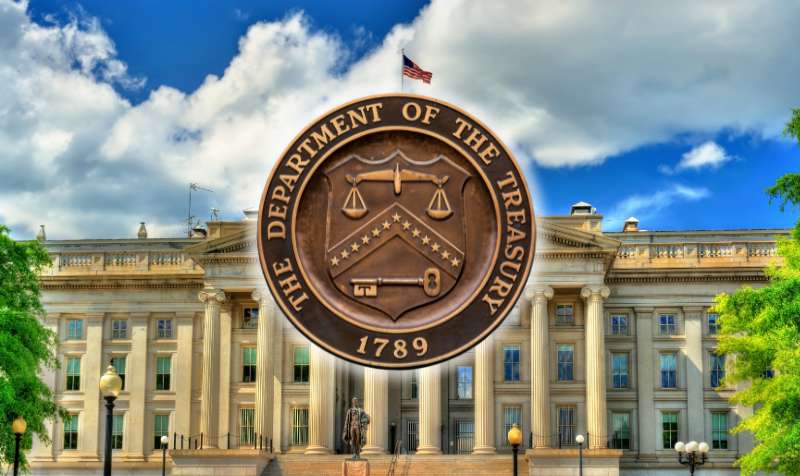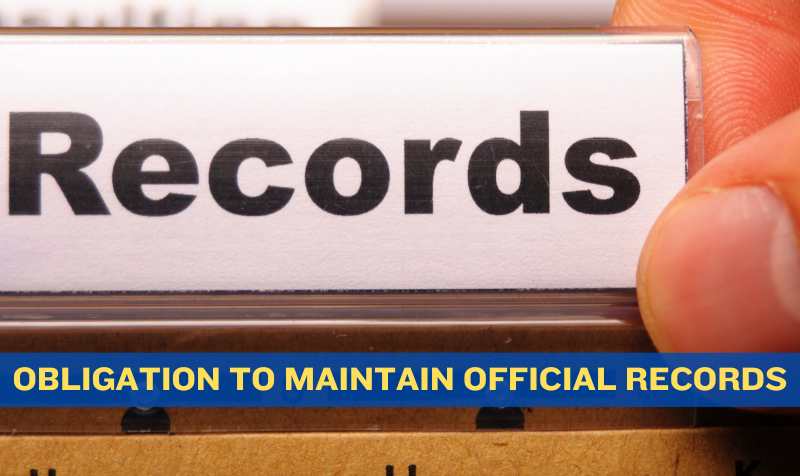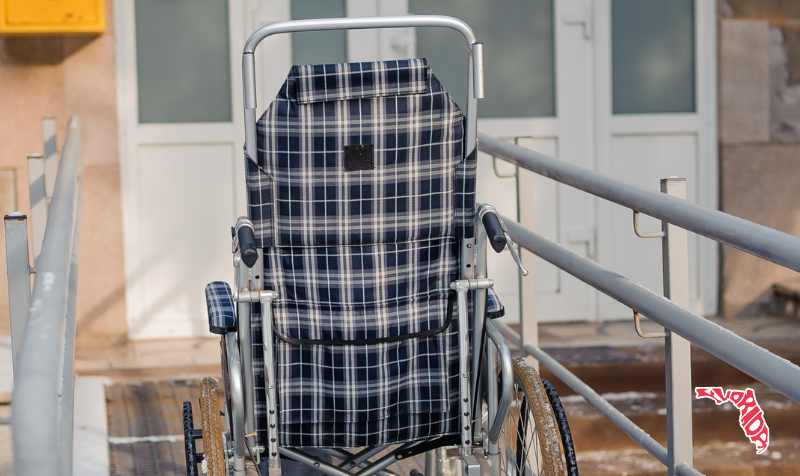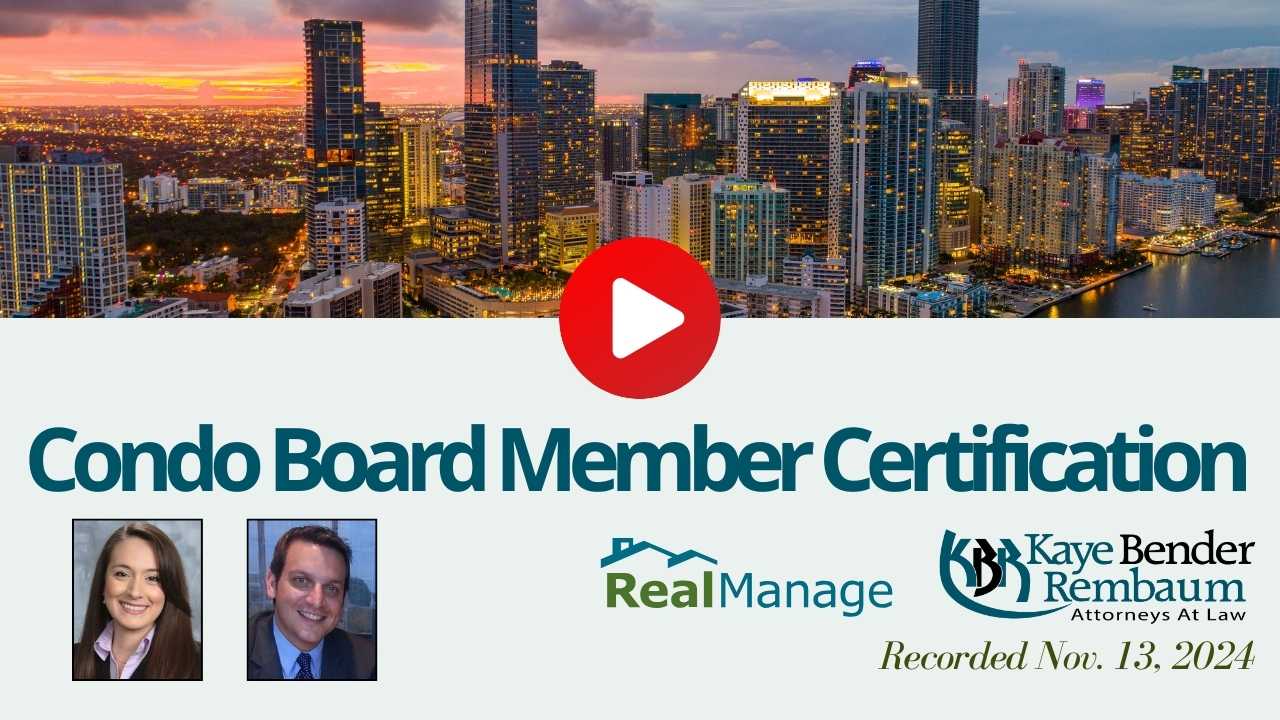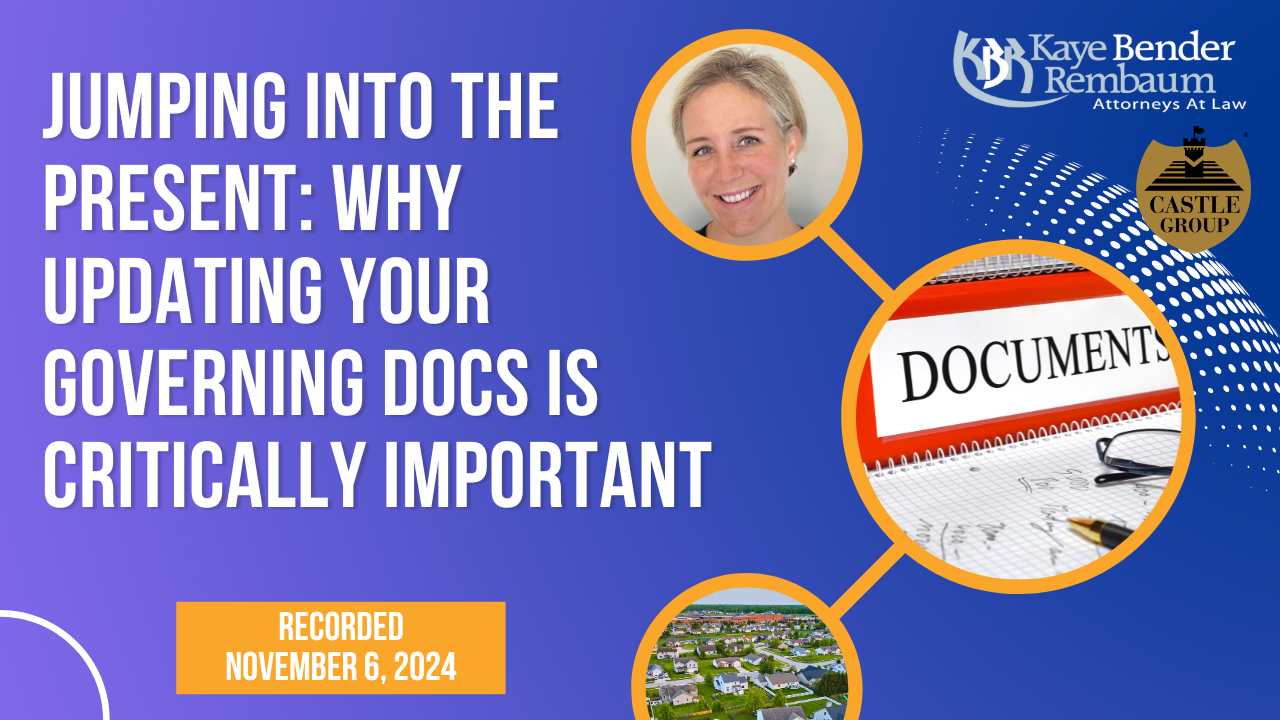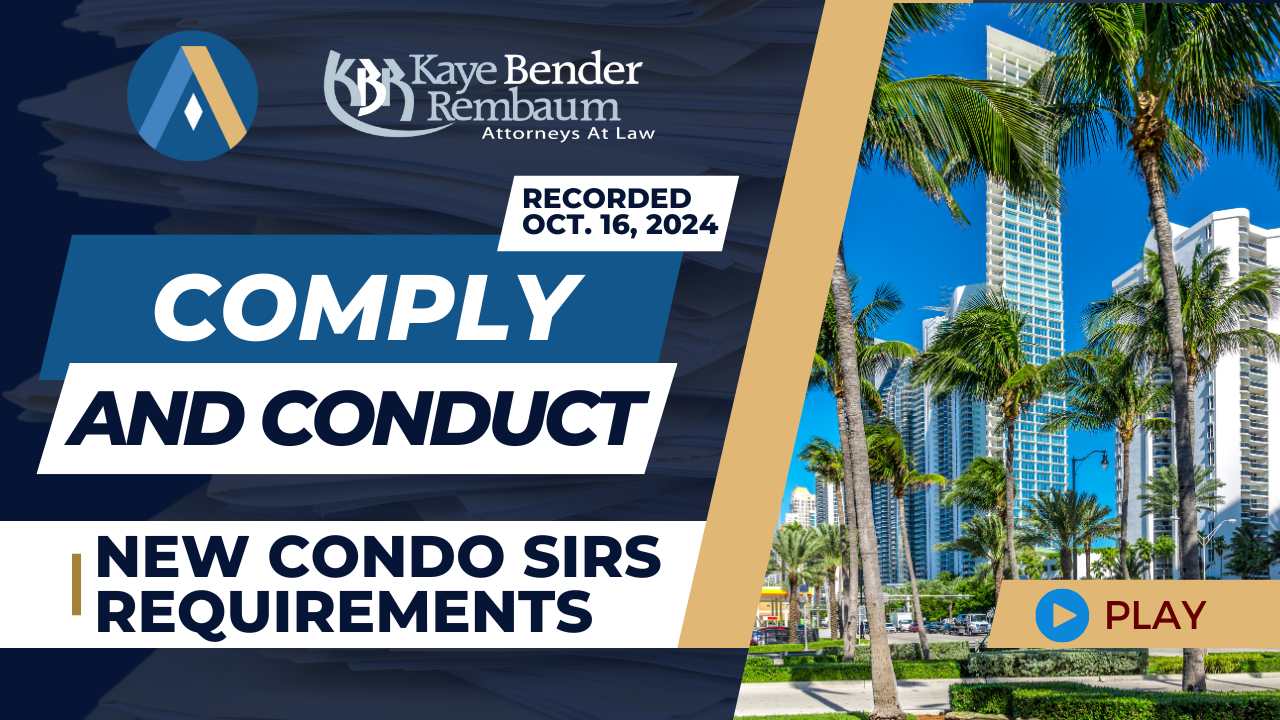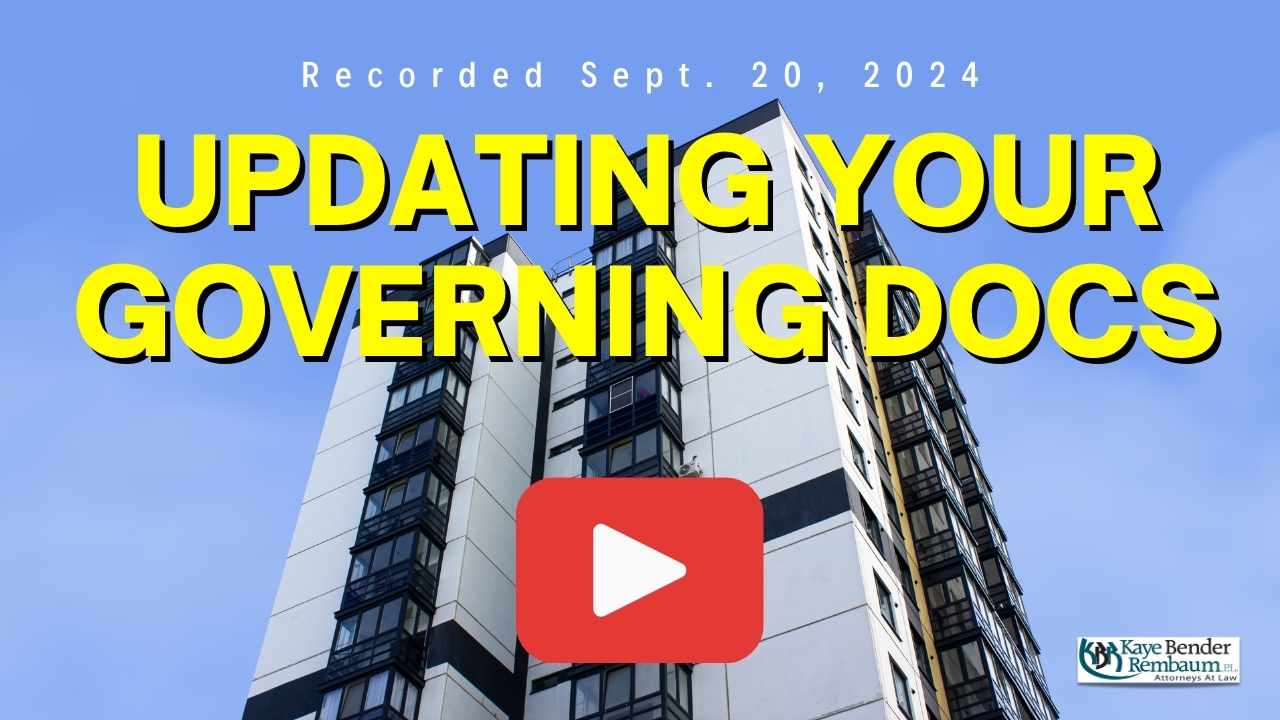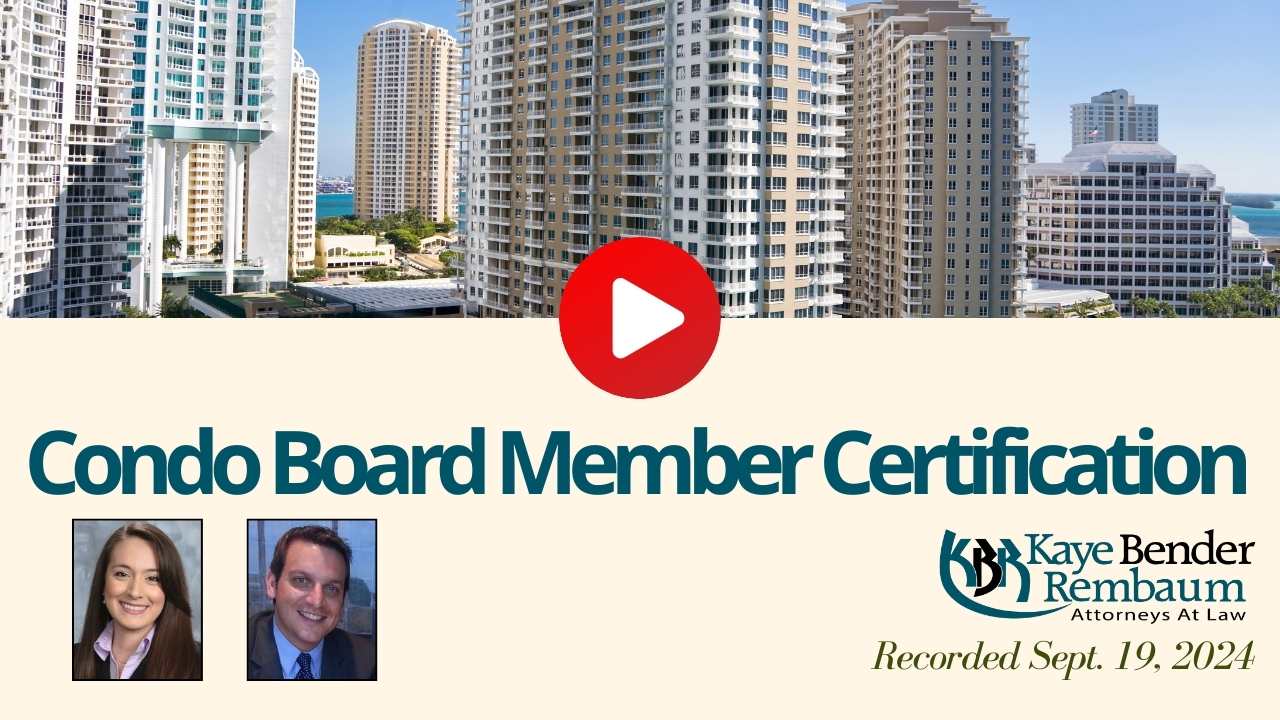Rembaum’s Association Roundup | Jeffrey A. Rembaum, Esq., BCS | Visit HERE
Keeping up with the “on again, off again” requirements of the Corporate Transparency Act is like watching a basketball bounce up and down. Finally, however, it appears as though the point guard took the shot and the basket is made.
On March 2, 2025, The Treasury Department announced that, with respect to the Corporate Transparency Act, not only will it NOT enforce any penalties or fines associated with the beneficial ownership information reporting rule under the existing regulatory deadlines, but it will further NOT enforce any penalties or fines against U.S. citizens or domestic reporting companies or their beneficial owners after the forthcoming rule changes take effect either.
The Treasury Department will further be issuing a proposed rulemaking that will narrow the scope of the rule to foreign reporting companies only. Treasury takes this step in the interest of supporting hard-working American taxpayers and small businesses and ensuring that the rule is appropriately tailored to advance the public interest.
“This is a victory for common sense,” said U.S. Secretary of the Treasury Scott Bessent. “Today’s action is part of President Trump’s bold agenda to unleash American prosperity by reining in burdensome regulations, in particular for small businesses that are the backbone of the American economy.”
You can view the official Press Release HERE.
It was also rumored that the Executive branch made an announcement that the United States Treasury will be suspending all future enforcement of the Corporate Transparency Act on American businesses and is working towards an emergency rule for codification of the new enforcement policy in furtherance of its goals toward less governmental regulation.
As new information is obtained we will share it with you, our readers.

